We strongly advice to pick ERP software based on your sector/the type of company you are.
Below we zoom in on which ERPs are best for specific industries and company sizes. We made a list with sofware for: Manufacturers, Small companies, Wholesalers, Retailers and SMEs.
To production companies we recommend the following 5 packages:
We made a dedicated page which dives deeper in these 5 packages. On this page you will also find 3 tips on how to find the best system.
Via this link you can go to our extensive page about ERPs for manufacturers.
Small companies have different needs than large enterprise, duh! Therefore we created this list for you. We specifically looked at systems that can be used from 1 user only!
These are some of the companies that provide software for small companies:
Want to learn more on how to find the perfect ERP for your relatively small company? And want a more extensive list with more than 20 systems? Then discover everything you need to know on our page about ERP systems for small businesses.
Business processes within this sector become increasingly complex. ERP software is here to the rescue!
With an ERP system you can finally get grip on all your processes again. Using this software will make your company way more efficient.
These are the software packages we recommend:
Via this page you discover more about the best ERPs for wholesalers.
We also made a list for retailers that want to compare ERP systems. Retailers profit immensely from implementing ERP software. You can expect a more efficient operation, real-time insights for forcasting purposes and improved insight in your inventory.
This is the list we composed for you:
Use this article to discover more about the best ERPs for retailers.
Last but not least, this is our recommendate list with ERPs for SMEs. Good luck with comparing and selecting your best software!
This is the list we composed for you:
Use this page to discover more about the best ERPs for SMEs.
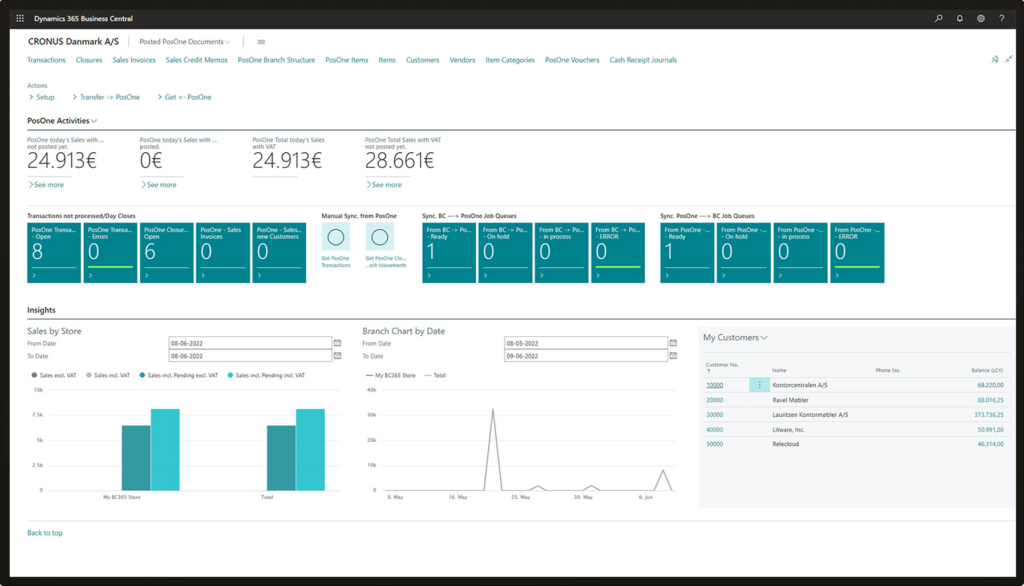



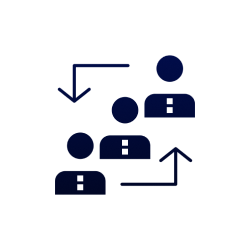

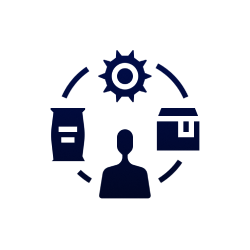

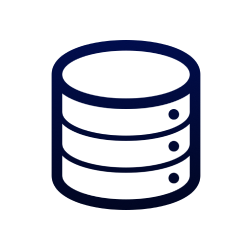




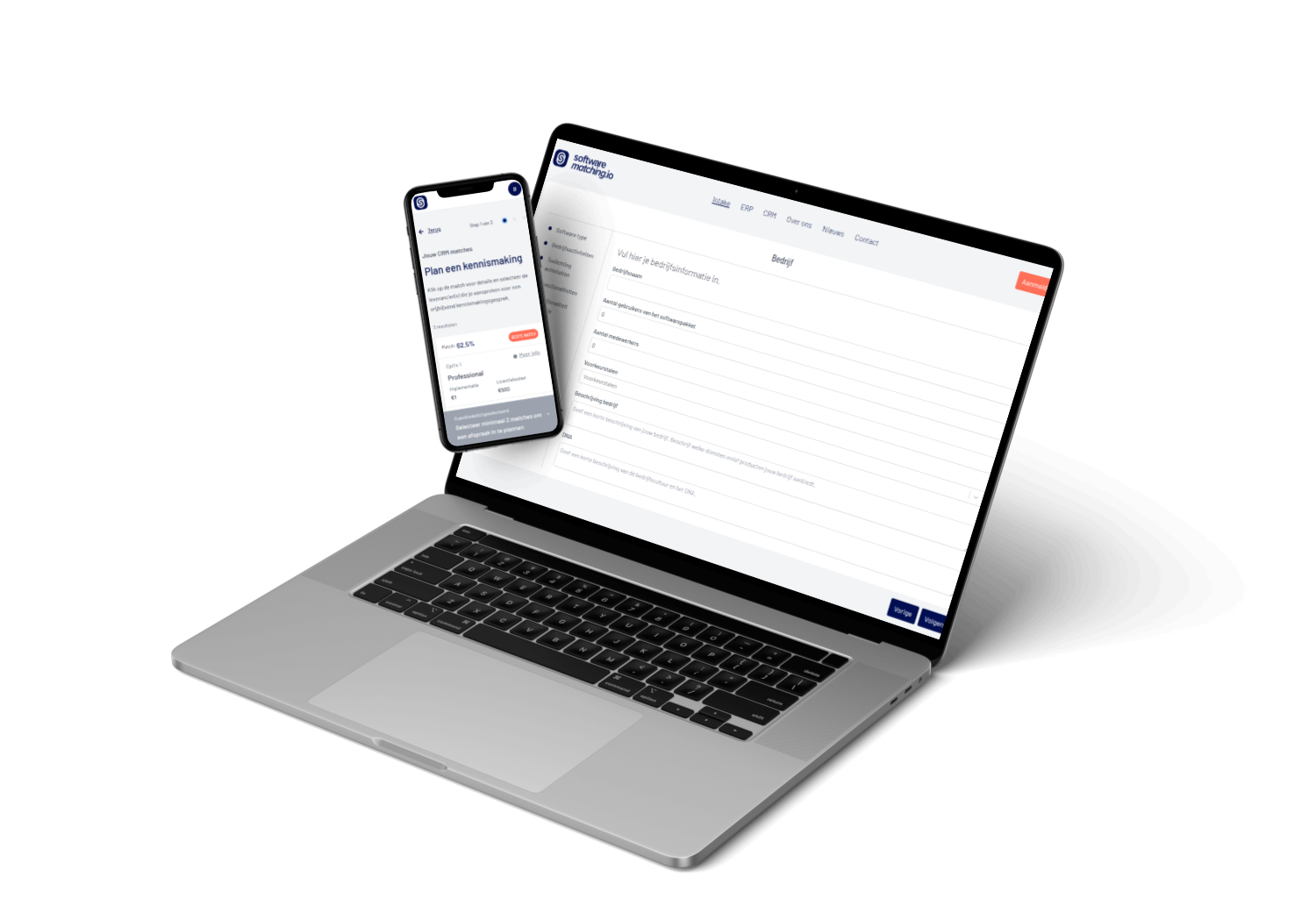 More information about us →
More information about us →